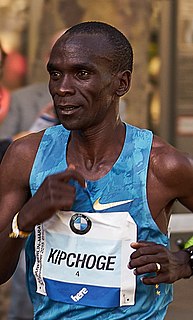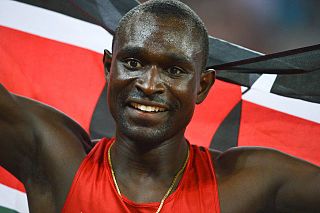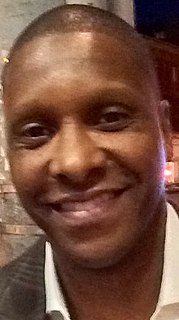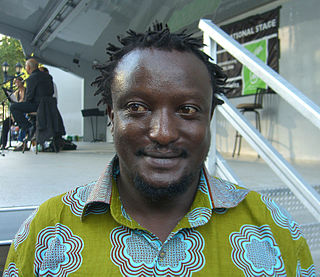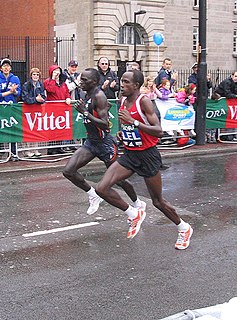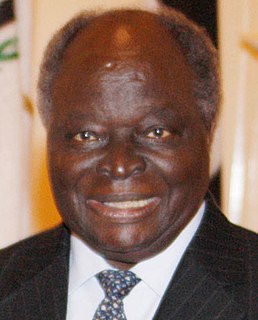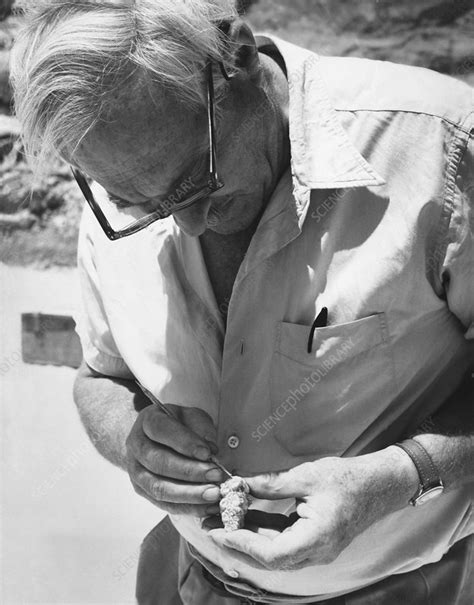Top 397 Quotes & Sayings by Kenyan Authors - Page 2
Explore popular quotes by famous Kenyan authors.
When you think of all the conflicts we have - whether those conflicts are local, whether they are regional or global - these conflicts are often over the management, the distribution of resources. If these resources are very valuable, if these resources are scarce, if these resources are degraded, there is going to be competition.
It was easy to persecute me without people feeling ashamed. It was easy to vilify me and project me as a woman who was not following the tradition of a 'good African woman' and as a highly educated elitist who was trying to show innocent African women ways of doing things that were not acceptable to African men.
